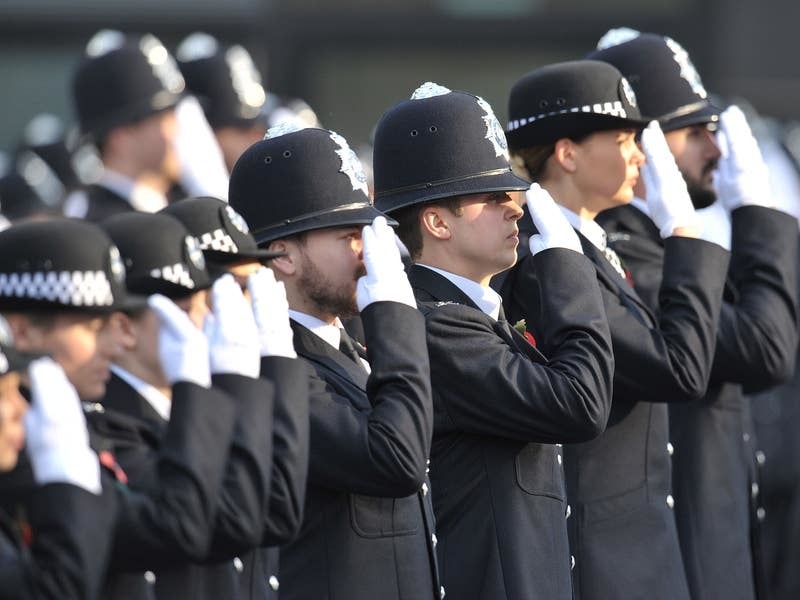This week’s chilly snowy conditions have caused school closures, train cancellations and road delays in parts of the UK – but what impact could it have on our health?
Highlighting some of the consequences of cold weather, Age UK director Caroline Abrahams told PA: “The cold raises blood pressure, which in turn increases the risk of a heart attack or stroke, and breathing in cold air can also increase the risk, and impact, of serious illnesses like flu and pneumonia.”
But how does the wintry weather increase our blood pressure, and is there anything we can do to manage this?

Cold weather can cause changes in our blood vessels and stress hormones, which can lead to spikes in blood pressure.
“Many patients see their blood pressure rise in the winter, as cold temperatures cause blood vessels to constrict (vasoconstriction), increasing resistance to blood flow and raising blood pressure,” explains Dr Martin Thornton, GP and chief medical officer at health screening company Bluecrest Wellness.
“Exposure to cold can also trigger the release of stress hormones like adrenaline, which may further elevate blood pressure and heart rate.”

“Shorter daylight hours and seasonal changes can also affect mood and stress levels, which can indirectly influence blood pressure,” adds Thornton. “Additionally, people are often less physically active in colder weather.
“Many find themselves consuming more calorie-dense comfort foods, or exercising less, which could contribute to higher blood pressure levels.”
Conversely, many people find that their blood pressure is lower during the summer.
“Warmer temperatures can cause blood vessels to dilate, which reduces resistance to blood flow, leading to a drop in blood pressure,” explains Thornton. “Many also tend to be more physically active in warmer weather, which can also contribute to lower blood pressure.”
What are some signs of high blood pressure?

“You should consult with a healthcare professional if you are experiencing frequent headaches, blurred vision, intermittent chest pain, or any other symptoms that you suspect may be related to high blood pressure.”
What can we do to manage our blood pressure levels during the winter?
Stay active indoors

Dress warmly
“Sudden exposure to extreme cold can constrict your blood vessels, so reduce the stress that cold temperatures place on your heart by layering appropriately,” recommends Thornton.
Monitor your blood pressure regularly

Eat a balanced diet
“Maintaining a healthy diet and avoiding foods high in salt and fat can help prevent blood pressure spikes,” says Sharma.
Manage stress
“Use relaxation techniques such as meditation or breathing exercises, and watch out for common stress triggers,” suggests Thornton.
Keep warm indoors







